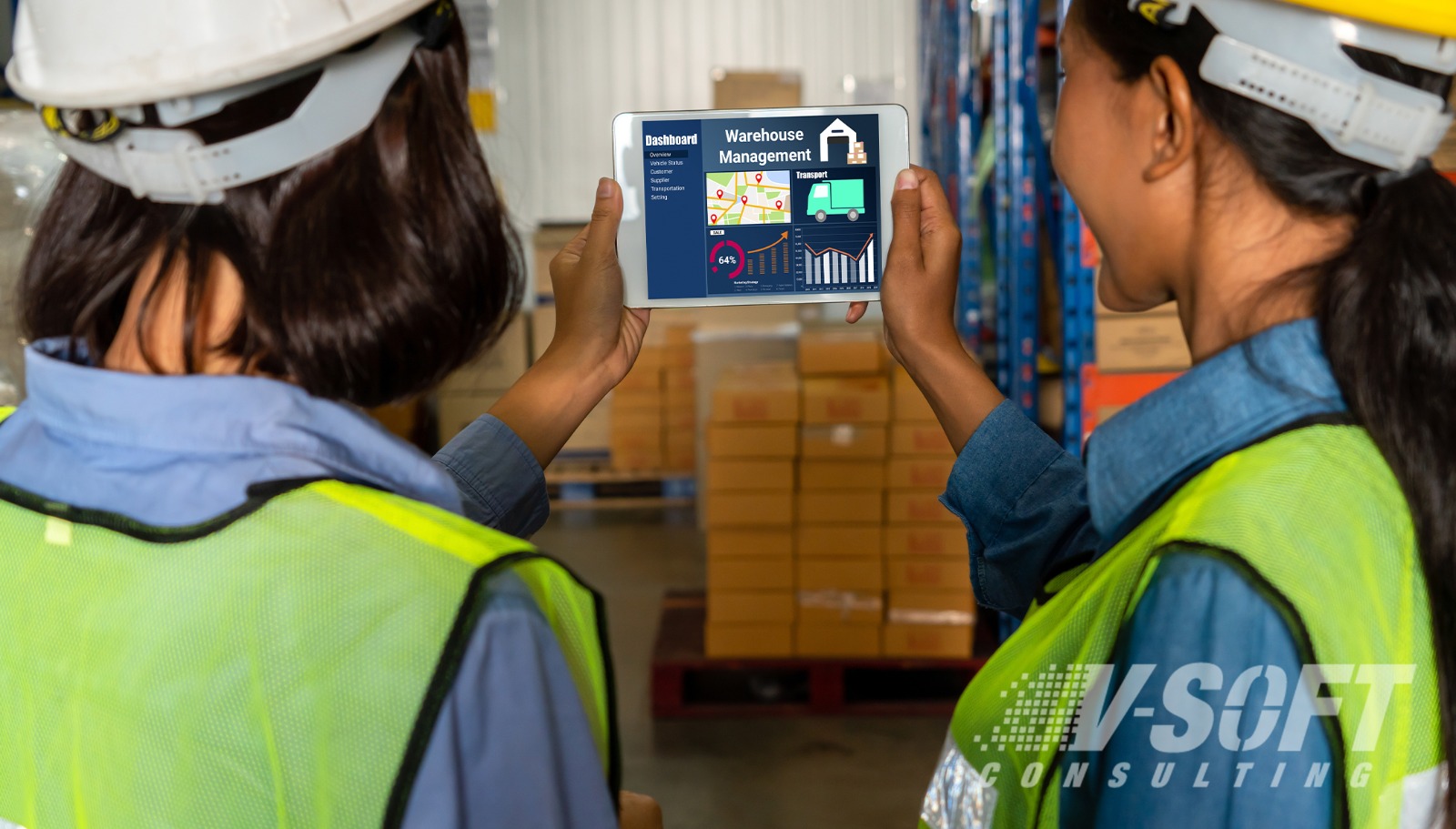In today's modern world, digital transformation is essential for retail success. Retailers can face many challenges due to legacy systems and not being able to keep up with digitally empowered customers and digital trends. This is where automation steps in. Here we discuss how Robotic Process Automation (RPA) can transform the retail industry.
What Can RPA Do For Retail?
1. Automate Administrative Tasks
Most administrative and back-office operations involve a large paper trail. With tasks such as gathering, assigning and approving requests, these processes are manual, time-consuming, prone to error and can cause a lack of transparency and efficiency across operations. Office automation, such as RPA, can be a great time and cost-saver.
Let's consider the task of invoice processing. This process involves many steps, from collecting and entering, to verifying and approving. By automating the invoice process with RPA, invoices can be easily processed, scanned and uploaded into a central application/database. Notifications can be automatically sent to the approving authority and the appropriate department for payment release.
Other administrative tasks that can be automated using RPA include:
- Recording action items and meeting minutes
- Recording attendance
- Scheduling meetings
- Ordering supplies
- Predicting computer problems
- Responding to FAQ emails
2. Improve Customer Satisfaction
Customer experience is key. Before understanding how RPA solves customer service challenges, let's go over some key challenges in the customer service journey.
- The increased number of requests across many different platforms make it hard to track and resolve those requests.
- Disconnected enterprise systems make it time-consuming for customer service agents to resolve issues.
- Spending time locating an issue using legacy systems hinders customer service.
- Conducting a cross-company investigation to resolve customer issues is inefficient and labor-intensive.
- Without anticipating customer service issues and fixing them proactively, customer service suffers.
RPA can be a a great way to solve these issues. To automate customer service management (CSM), RPA offers a wide range of solutions with omnichannel support capabilities via a customer service portal, mobile app, chatbot or total integration. By eliminating the need for human agents, these options allow customers to request help for the items they need, and report and track those requests 24/7.

The customer service chatbot can interact with customers in a natural language with the ability to handle multiple customers at once. Powered by AI, chatbots study customer conversations, perform behavior analysis, and tailor customer experiences accordingly. Retailers can easily integrate chatbots into their current mobile app.
These chatbots can send push notifications based on customer interests, which helps to increase sales and customer engagement, and also helps retailers better keep the attention of their most valued, loyal customers. Automated CSM dashboards also enable leaders to study the entire customer service operations easily and accordingly restructure business and customer engagement strategies.
3. Streamline Inventory Management
It's challenging to keep up with inventory manually, like the status of stock, products or materials. RPA tools oversee the flow of commodities, from suppliers to stores, and ensure stores don't fall short on stock. To ensure transparency in the communication and record maintenance process, RPA automates tasks like storing digital files, tracking dispatches, and removing the need for a paper trail.
A fully automated warehouse management application manages all the assets, shipping, storage and inventory stocks, and provides an overall view of the warehouse in a single dashboard with in-depth analytics. Using RPA tools, retailers can monitor real-time data and analytics about inventory operations and evaluate overall efficiency, locate roadblocks, and take necessary steps to improve the process.

4. Enhance Supply Chain Management
The supply chain management process includes tasks such as assigning, tracking, scheduling and shipping. Retailers may find it difficult to manage these logistics if they aren't automated. RPA can make this process more efficient.
The supply chain is a full-cycle system to ensure on-time delivery. Using RPA-based automation makes the transportation and logistics process transparent and simple with real-time control of package conditions. The solution easily integrates with third-party applications for order processing, inventory management, transportation management and warehouse management. RPA can also automate order assignments, monitor the delivery process and update delivery info to customers.
5. Strategize Sales Efforts
In the retail industry, a huge amount of sales data is generated on daily basis and is often left unprocessed and untouched. To make informed decisions and plan sales promotions accordingly, it's important to organize and analyze customer and sales data. RPA tools enable retailers to automate the sales process, from data collection to generating analytics, in order to gain real-time insights. These insights facilitate sales teams to streamline and strategize future promotions and marketing strategies to explore new opportunities.

.jpg?width=1110&name=male-shopkeeper--_1196-x-2100%20(1).jpg)














